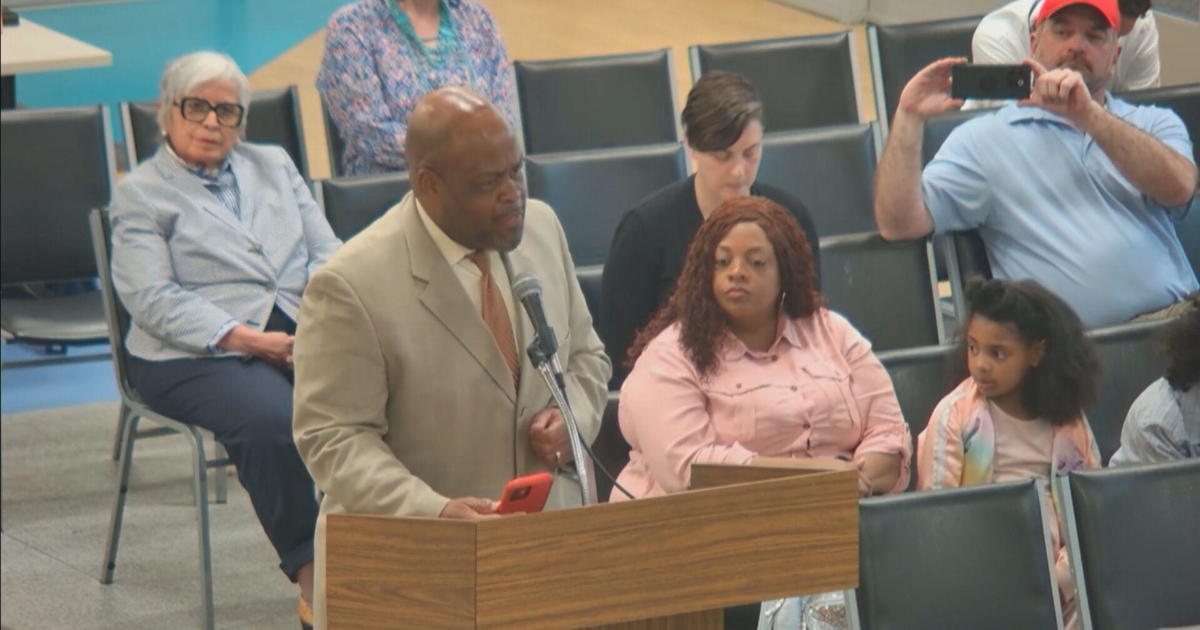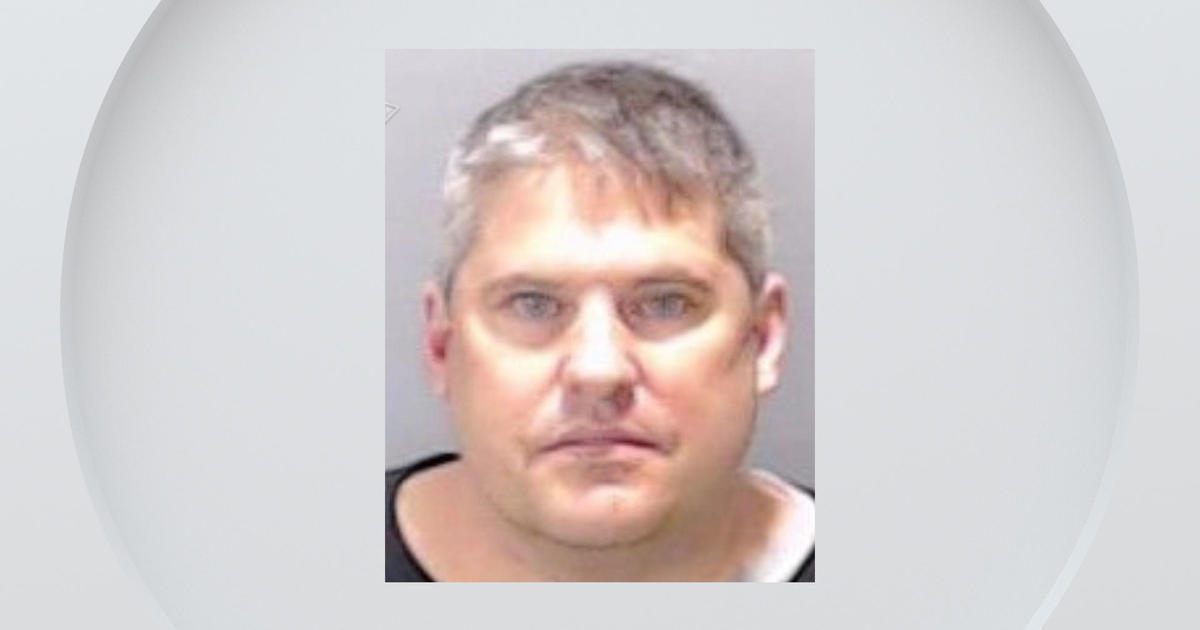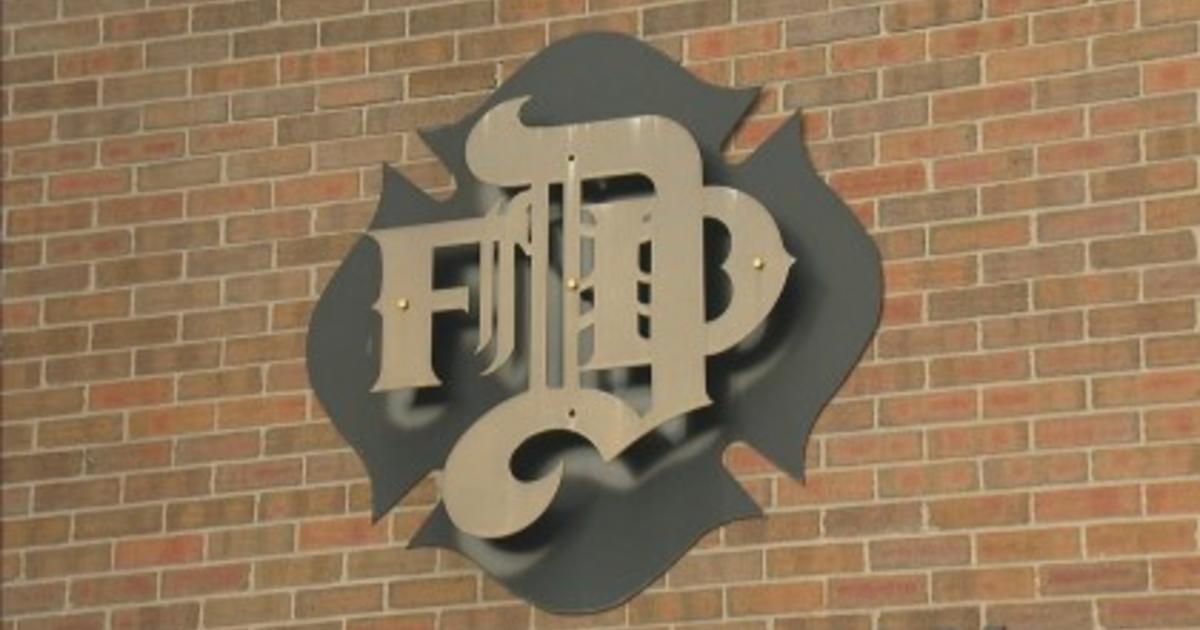School Funding Trial Wraps Up In Denver
DENVER (AP) - An attorney defending Colorado in a lawsuit over how it funds schools said Friday that plaintiffs want "an educational utopia, limited only by imagination," but insisted that it's a vision the state is not mandated to provide.
"We all may aspire to this utopia, but the constitution just doesn't require it," said assistant Attorney General Jon Fero, delivering closing arguments in a trial that could have major ramifications on the state's budget.
Attorneys representing parents and 21 school districts said in their closing remarks that the state's method of funding education is random, irrational and leaves poor students at a disadvantage.
The lawsuit in Denver District Court claims the Colorado Legislature's funding method violates the state constitution's promise to provide a "thorough and uniform" education system.
One of the attorneys for the plaintiffs, Kenzo Kawanabe, said some of the poorest school districts don't have enough textbooks for students, and that what they do have is outdated.
"In schools across Colorado, the Soviet Union still exists on globes and in books. President Clinton is our current president and the Twin Towers of the World Trade Center still stand in New York and that's because we are using textbooks that are 10, 20, and 30 years old," Kawanabe said.
He showed pictures of schools using old computers.
"And if you were wondering where those 5-inch floppy disks went, that's how students in some of our schools are still learning, they're still using computers with 5-inch floppy disks, if those computers actually work."
Gov. John Hickenlooper, a Democrat, said most of the state budget would go to education if the plaintiffs win because the Legislature would be forced to find as much as $4 billion in additional funding for the system. That's the plaintiffs' estimate of how underfunded Colorado schools are.
Attorneys for the plaintiffs said they're not seeking a monetary award. Instead, they said, they want a court declaration saying Colorado has violated its constitution and for funds to be used where they're needed most.
State officials said Colorado has met its constitutional obligation in funding its education system, more than doubling the spending on public education since 1994. More than 40 percent of the budget now goes to education.
Fero said school districts decide how to use the money the state allocates, and if there are different academic outcomes it's because each district uses funds differently -- whether it's on construction of new buildings or implementing a new curriculum.
"It is how money is spent that really matters," Fero said.
During the five-week trial, the state presented testimony from education experts who said more funding doesn't translate to better results. State officials cited Wyoming and Missouri as other cases where states have been sued by groups dissatisfied with education funding. Results there have not improved, officials said.
Most of the school districts suing in the state are in rural southern Colorado, which has a large Latino population. The Mexican American Legal Defense and Educational Fund joined the lawsuit to represent immigrant parents of students learning English as a second language, arguing that Hispanics don't have the same educational opportunities as students in richer, white districts.
The lawsuit originally was filed in 2005, but the plaintiffs were unsuccessful at the district court level and again on appeal. The state Supreme Court reversed those decisions in October 2009 and sent the case back to district court.
The Supreme Court ruled the lawsuit's claim that the state's education system is "severely underfunded and allocates funds on an arbitrary and irrational basis" was justifiable.
The judge was expected to issue a ruling in several weeks, and the case was expected to go back to the Supreme Court.
(Copyright 2011 by The Associated Press. All Rights Reserved.)



